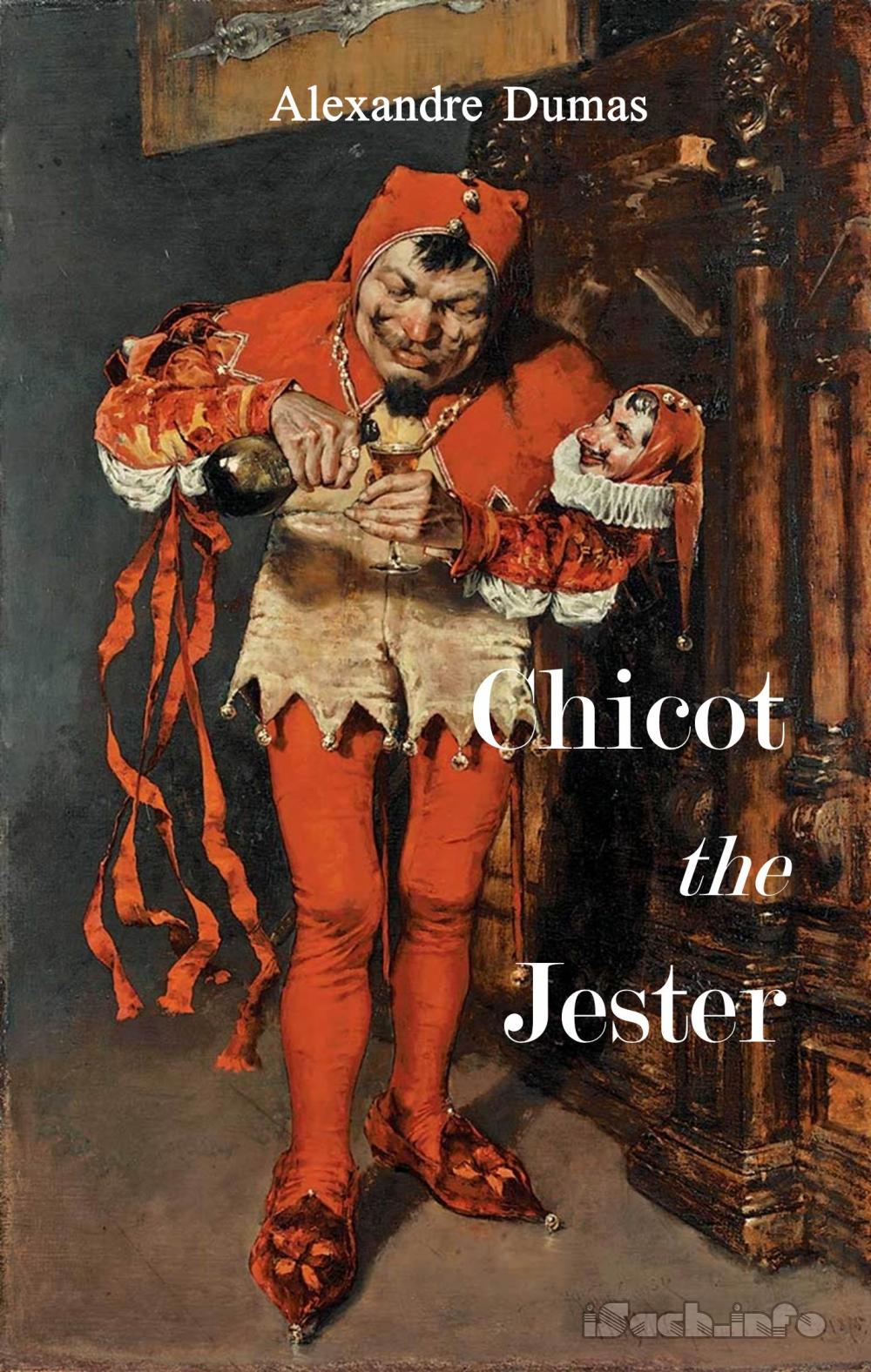Chapter 77: In What Respect M. De St. Luc Was More Civilized Than M. De Bussy, The Lessons Which He Gave Him, And The Use Which M. De Bussy Made Of Them
S
t. Luc returned, proud of having executed his commission so well. Bussy thanked him, but looked sad, which was not natural to him."Have I done badly?" said St. Luc.
"Ma foi, my dear friend, I only regret you did not say, 'at once.'"
"Why! what is the hurry?"
"I wish to die as soon as possible."
St. Luc looked at him in astonishment.
"Die! at your age, with your name, and Diana!"
"Yes, I shall kill them, I know, but I shall receive some good blow which will tranquilize me forever."
"What black ideas, Bussy!"
"A husband whom I thought dead, and who has returned to life; a wife who can scarcely quit the bedside of the pretended dying man. Not to see her, smile on her, touch her hand. Mon Dieu!——"
St. Luc interrupted him with a burst of laughter. "Oh!" cried he, "the innocent man. Why, no lover can be more fortunate than you."
"Prove that to me."
"You are the friend of M. de Monsoreau."
"Yes, I am ashamed to say, he calls me his friend."
"Well! be his friend."
"Oh! and abuse this title!"
"Is he really your friend?"
"He says so."
"No; for he makes you unhappy. Now the end of friendship is to make one another happy. At least, so his majesty says, and he is learned in friendship. So, if he makes you unhappy, he is not your friend; therefore you may treat him either as a stranger, and take his wife from him, or as an enemy, and kill him if he murmurs."
"In fact, I hate him. But do you not think he loves me?"
"Diable! Take away his wife and see."
"I must continue to be a man of honor."
"And let Madame de Monsoreau cure her husband both physically and morally. For it is certain that if you get yourself killed, she will attach herself to the only man who remains to her."
Bussy frowned.
"But," added St. Luc, "here is my wife; she always gives good advice. She has been picking herself a bouquet in the gardens of the queen-mother, and will be in a good humor. Listen to her; she speaks gold."
Jeanne arrived radiant, full of happiness and fun. Bussy saluted her in a friendly manner, and she held out her hand to him, saying, with a smile, "How go on the love affairs?"
"They are dying."
"They are wounded and fainting; perhaps you can restore them, Jeanne?"
"Let me see; show me the wound."
"In two words, this is it: M. de Bussy does not like smiling on M. de Monsoreau, and he thinks of retiring."
"And leaving Diana to him?"
"Oh! madame, St. Luc does not tell you that I wish to die."
"Poor Diana!" murmured Jeanne, "decidedly men are ungrateful."
"Good! this is the conclusion my wife draws."
"I, ungrateful!" cried Bussy, "because I fear to render my love vile, by practising a disgraceful hypocrisy?"
"Oh! monsieur, that is only a pretext. If you were really in love, you would fear but one thing—not to be loved in return."
"But, madame, there are sacrifices——"
"Not another word. Confess that you love Diana no longer; it will be more worthy of a gallant man."
Bussy grew pale.
"You do not dare to tell her; well, I will."
"Madame! madame!"
"You are rich, you men, with your sacrifices. And does she make none? What! expose herself to be massacred by that tiger of a Monsoreau, preserve her position only by employing a strength of will of which Samson or Hannibal would have been incapable. Oh! I swear, Diana is sublime, I could not do a quarter of what she does every day."
"Thank you!" said St. Luc.
"And he hesitates!" continued she, "he does not fall on his knees and say his mea culpa."
"You are right," said Bussy, "I am but a man, that is to say, an imperfect creature, inferior to the most commonplace woman."
"It is lucky you are convinced of it."
"What do you order me?"
"To go at once and pay it visit——"
"To M. de Monsoreau?"
"Who speaks of him?—to Diana."
"But he never leaves her."
"When you went so often to see Madame de Barbezieux, had she not always near her that great ape who bit you because he was jealous?"
Bussy began to laugh, and St. Luc and Jeanne followed his example.
"Madame," then said Bussy, "I am going to M. de Monsoreau's house; adieu."
He went there, and found the count in bed; he was delighted to see him, and told him that Rémy promised that his wound would be cured in three weeks. Bussy recounted to him the commission with which he had been charged, and his visit to the court.
"The duke has still projects on foot, has he not?"
"I believe so."
"Do not compromise yourself for that bad man; I know him: he is perfidious, and will not hesitate to betray you."
"I know it."
"You are my friend, and I wish to put you on your guard."
"You must sleep after the dressing of your wound," said Rémy.
"Yes, my dear doctor. My friend, take a turn in the garden with Madame de Monsoreau."
"I am at your orders," replied Bussy.



 ePub
ePub A4
A4